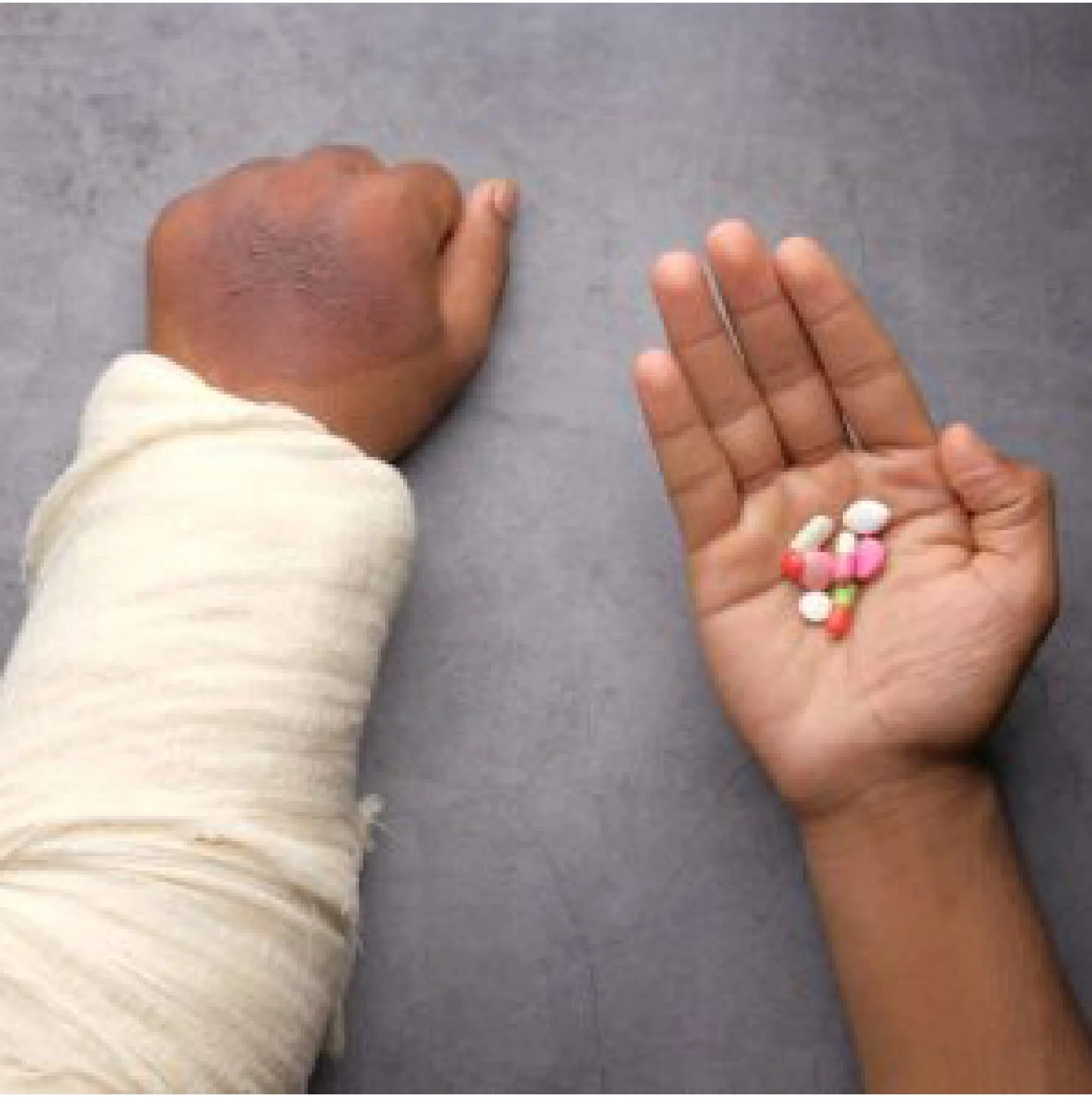
Department of Orthopedics and Joint Replacement
Welcome To Gangasheel Hospital
What is Arthritis?
Arthritis is swelling and tenderness in one or more joints. The main symptoms of arthritis are joint pain and stiffness, which usually worsen with age. The most common types of arthritis are osteoarthritis and rheumatoid arthritis.
Osteoarthritis causes the destruction of cartilage (the hard, slippery tissue that covers the ends of bones where they form joints). Rheumatoid arthritis is a disease in which the immune system attacks the joints from the inside.
Uric acid crystals that form when there is too much uric acid in the blood can cause gout. Infections and underlying conditions, such as psoriasis and lupus, can cause other types of arthritis.
Treatment depends on the type of arthritis. The main goal of treating arthritis is to relieve symptoms and improve quality of life.
The most common signs and symptoms of arthritis involve the joints. Depending on the type of arthritis, signs and symptoms may include:-
- Pain
- Stiffness
- Swelling
- Redness
- Decreased range of motion
Two major types of arthritis, osteoarthritis and rheumatoid arthritis, damage joints in different ways.
Osteoarthritis
Osteoarthritis, the most common type of arthritis, involves wear and tear of joint cartilage (the hard, slippery coating at the ends of the bones that form the joints). Cartilage cushions the ends of bones and allows for near-frictionless joint movement, but too much damage can cause the bone to grind directly into the bone, causing pain and limited movement. Wear and tear can occur over years or be accelerated by joint damage or infection.
Osteoarthritis also causes bone changes and deterioration of the connective tissue that attaches muscles to bones and holds joints together. When the cartilage in a joint is severely damaged, the lining of the joint becomes inflamed and swollen.
Rheumatoid Arthritis
In rheumatoid arthritis, the body's immune system attacks the lining of the joint capsule. This is a tough membrane that envelops all parts of the joint. This lining (synovial membrane) becomes inflamed and swollen. The disease process can eventually destroy the cartilage and bone within the joint.
Prevented
To reduce your risk of developing arthritis:-
- Avoid tobacco products.
- Low-impact, no-impact exercises.
- Maintaining a healthy weight.
- Reduces risk of joint damage.
There is no cure for arthritis, but there are treatments that can help manage the condition.The treatment plan depends on the severity of the arthritis, your symptoms, and your overall health.
- Conservative (nonsurgical) treatments include:
Some drugs, called biologics, target the immune system's inflammatory response. Your healthcare provider may recommend biologics for rheumatoid arthritis or psoriatic arthritis. - Physiotherapy:
Rehabilitation helps improve strength, range of motion, and overall mobility. A therapist can teach you how to adjust your daily activities to reduce arthritis pain. - Therapeutic Injections:
Cortisone injections help temporarily relieve joint pain and inflammation. Arthritis in certain joints, such as the knee, may improve with a treatment called mucus replacement. Inject a lubricant to keep the joints moving smoothly.
